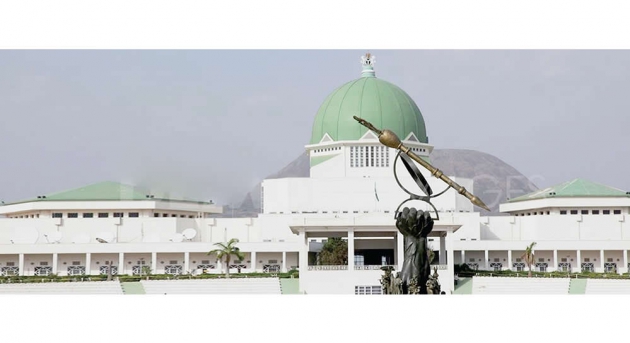National Assembly to raise health budgetary allocation to N1trn

For the first time in several years, the National Assembly is pushing to raise 2017 health budget to N1.094 trillion in adherence to the 2001 Abuja Declaration, which recommends a minimum 15 percent of total annual budgets be dedicated to health sector.
The lawmakers say they are bothered by the country’s worrying health indices resulting from years of negligence, and particularly huge foreign exchange outflows in medical tourism.
President Muhammadu Buhari, in the N7.298 trillion 2017 budget estimates before the National Assembly, made just N304 billion provision, representing 4.17 percent of total budget for health amid heightening deterioration in the sector.
The N7.298 trillion budget is rather proposing that Statutory Transfers receive N419.02 billion, Debt Service, N1.66 trillion; Recurrent Expenditure, N2.98 trillion, and Capital Expenditure N2.24 trillion.
There is also a zero allocation to the Consolidated Revenue Fund, contrary to the legally binding Basic Health Care Provision Fund provided in the National Health Act (which requires 1% of the consolidated revenue fund) is provided for as NEW funding to be invested in child vaccines, expansion and upgrade of health facilities, research and human capital development to address key communicable diseases.
“There shall be increased appropriation by the National Assembly to the health sector in 2017 in line with the African Union Abuja Declaration of 2001, which recommends a minimum of 15 percent of total annual budgets to be dedicated to health,” Lanre Tejuosho, chairman, Senate Committee on Health, said as he addressed a press conference in Abuja.
“The National Assembly will ensure that the provision of the National Health Act, 2014 which stipulates that 1percent of the Consolidated Revenue Fund (CRF) be dedicated to the health sector, is adhered to in the 2017 budget,” Tejuosho also assured.
Medical tourism reportedly consumes up to $1 billion foreign exchange outflows. President Buhari himself is presently receiving treatment at a London hospital for an undisclosed ailment, which obviously cannot be handled in the country. Former head-of-state, Ibrahim Babangida recently returned from a seven-week medical treatment abroad.
Health experts have clamoured for the implementation of the National Health Act, 2014 as well as the “Abuja Declaration” of 2001 where the heads of states on the continent committed to ensuring prioritising the development of the health sector by investing 15% of their national budget to the health sector.
Rwanda, Swaziland, Ethiopia, Malawi, the Central African Republic and Togo have kept to this promise. Data show that Rwanda and Ethiopia are reaping great benefits, not only in the health of their population but also in sustained economic growth.
If the lawmakers succeed with their push, this would to about N1.094 trillion for health, in view of the proposed N7.298 trillion spending.
Experts worry that without these investments, the economy will continue to lose billions of Naira through Nigerians that travel abroad to access medical services, while the poor continue to die from treatable and preventable diseases.
The legislative chamber has also expressed plans to initiate a legislation to make the National Health Insurance Scheme (NHIS) mandatory to all Nigerians.
Tejuosho also assured that going forward, the National Assembly would ensure that funds are just spent on health but that they would improve oversight of the health sector and ensure judicious use of resources.
He called for greater political will to accelerate resource allocation to the health sector.
The lawmaker submitted that increased allocation to the health sector would witness less foreign exchange for medical tourism.
Read more at http://www.businessdayonline.com/national-assembly-to-raise-health-budge...












